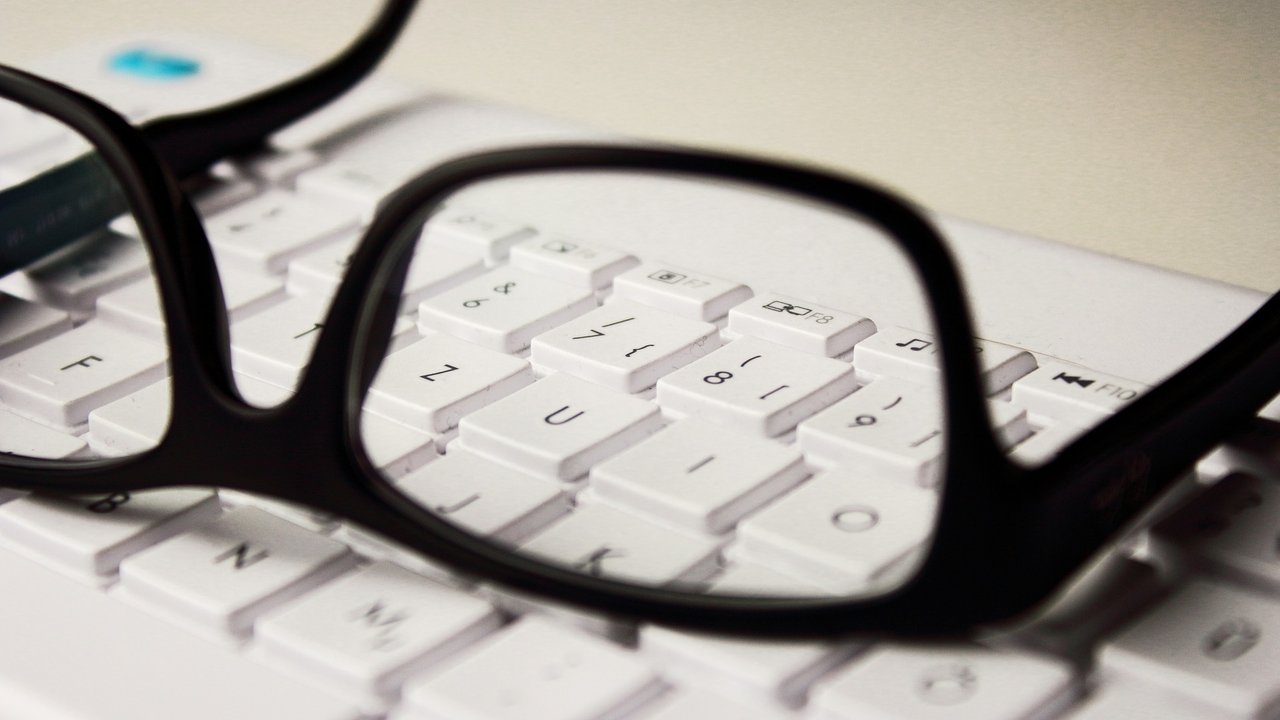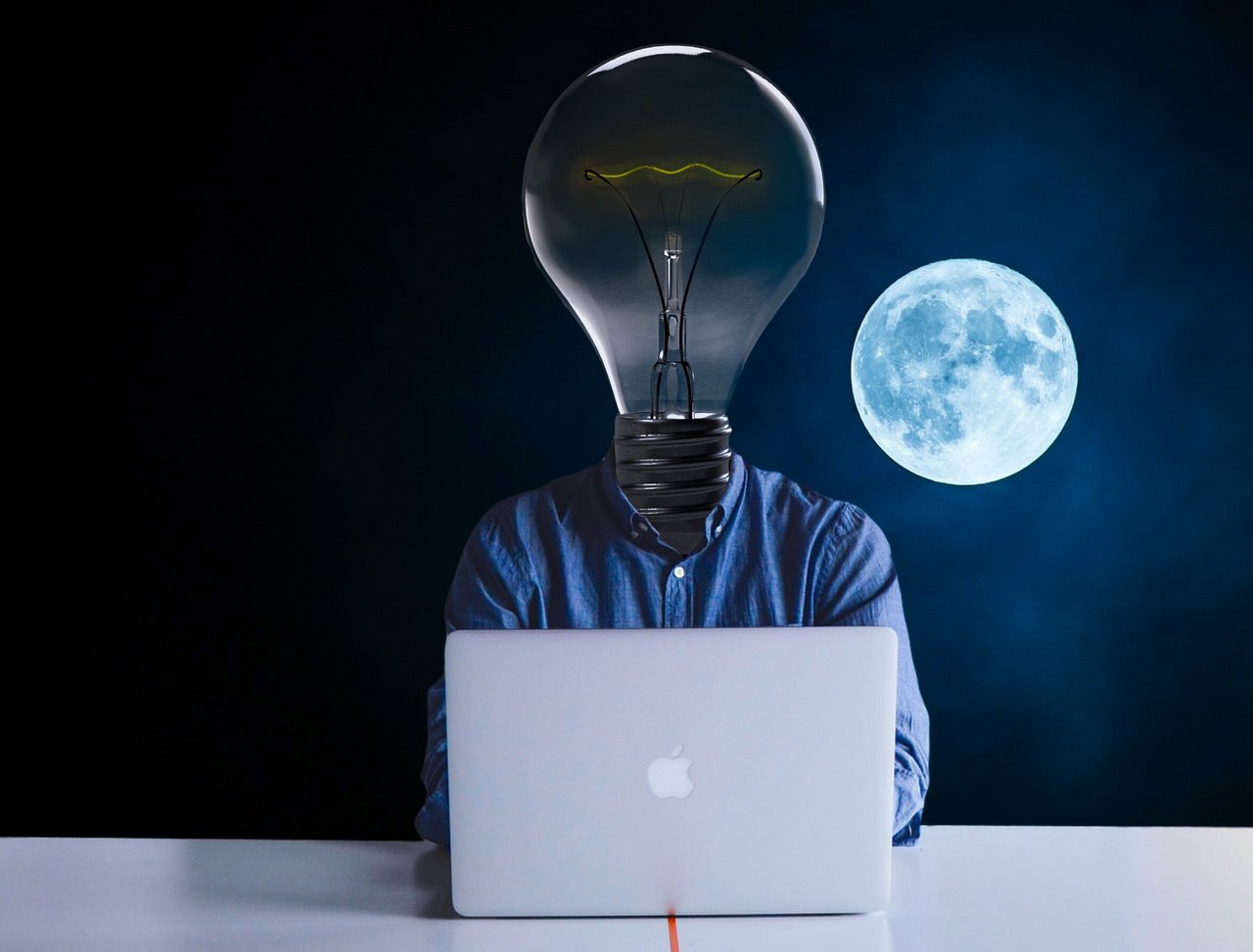Day #1 as the new "home room teacher" supervising online classes and I'm feeling challenged, since the online attendance requirement undermines much of what I believe around health & learning. But this is our "new normal" for the next 2 months until the school is allowed to reopen.
8.30am to 4.10pm glued to a screen with only short breaks. What could go wrong?, apart from not enough movement, poor posture, difficulty in asking questions, and not able to talk to the others who are plugged in to the teacher, but who are quite literally muted. I have been wrapping my head around the insidiousness of this "new normal" for most of the first morning.
I AM lucky, in that I have an incredibly intelligent 15 year old. She IS able to learn easily from the online format, but I'm aware that's definitely not the case for many of her friends and peers.
Most of the morning has been spent feeling guilty at my inability to have homeschooled her. But I realized very early on that in a country (Thailand) with no child maintenance systems or any form of financial support for custodial solo parents, that homeschooling here is a luxury for people with partners who provide income, or who have extended, wealthy families. We have neither. In what we call our two wheeled bicycle family (just Miss 15 and I) we had to take the decision for her to attend a regular school, so that mama can run the business and keep food on the table. We're incredibly happy with her progressive bi-lingual Thai private school, Ambassador Bilingual School. At aged 15, my daughter is the school Vice President, comfortably tri-lingual (English, Thai and Korean) and among the top 5% of students in the country.
I have adapted. The 30 min drive each way to and from school each day is affectionately called our home-schooling time; I have taught my daughter lots of things in traffic jams that most students her age know nothing about. We talk about art history, economics and how traditional monetary systems work. We talk about cryptocurrency and emerging new economies. We practice Dutch - my mother tongue and a language she would like to learn. We chat about weather patterns, how geography shapes societies and also about psychology, anatomy, #naturalmedicine and alternative energy. She's probably the only student in her class today who knows what the bitcoin halving means, who watched Dr Judy Mikovits' Plandemic and who grasps the social implications of the Track and Trace Covid-19 app being introduced into Thailand tomorrow.
She KNOWS that 8 hours online isn't great. To her credit, there were NO teenage eyerolls when I talked with her about how we might mitigate the worst parts of this online school situation we're navigating together for the next 8 weeks.
"What about blue light glasses?" she had suggested. "I've already adjusted my screen settings".

"You know about blue light and why it's a problem?" I countered. And, justifiably 🤣 received the teenage eyeroll by way of reply.
So what are the effects of excessive exposure to blue light on the body?
Excessive exposure to blue light causes:
Eye Damage
Blue light penetrates all the way through the eyeball to the retina (the inner lining of the back of the eye) which can damage light-sensitive cells in the retina. This also increases the risk for macular degeneration later. Source.
Disruption to the sleep and hormonal cycles.
The circadian rhythm is what regulates our sleep and hormone production. Disturbed sleep means the body produces less HgH - human growth hormone - for growth and tissue repair. Changed hormones can effect everything from an inclination towards depression, altered menstrual cycle, reduced sex drive, high levels of agitation and anxiety and an increased level of aggression. Source.
That seemingly "it's not that bad and survivable" phrase Disruption to the sleep and hormonal cycles has its own set of flow on effects:
Disturbance of the microbiome
The complexity of our microbiome is disturbed by changed sleep patterns, and changed hormonal pattern. Our gut health predisposes everything from our level of happy (or depression), our brain clarity, neural function, memory and our immune response. Source.
Increase in blood sugar levels
A Harvard study shed a little bit of light on the possible connection to diabetes and possibly obesity. The researchers put 10 people on a schedule that gradually shifted the timing of their circadian rhythms. Their blood sugar levels increased, throwing them into a prediabetic state. Source.
Weight Gain & Obesity
Leptin is the hormone which gives a feeling of fullness after eating. Over-exposure to blue light leads to less leptin being produced, which leads to increased snacking and over-eating, and obesity. Source.
Increased cancer risk.
Excessive exposure to blue light suppresses the secretion of melatonin, a hormone that influences circadian rhythms; there is some experimental evidence (it's very preliminary) that lower melatonin levels might explain the association with cancer.
Study participants subjected to higher levels of blue light had 1.5 times higher risk for developing breast cancer and two-fold higher risk of developing prostate cancer compared to people who had less exposure to artificial light. Source

That's a SERIOUS list of health implications!!
It begs the question, "What is over exposure?" How long is too long?
Actually, there are very few suggestions of limits for children over the age of 5. But there ARE studies:
An ongoing study reported from the National Institutes of Health concluded that preteens who spent over 7 hours on screens a day and children who spend less than 7 hours a day had noticeably different development of their cerebral cortex. This part of the brain usually thins as people mature but the accelerated decrease could potentially be linked to amounts spent on screens. Source.
According to the American Academy of Pediatrics, children under the age of two should have no screen time at all. Entertainment screen time should be limited to two hours a day for children ages 3-18.
Interesting to note, in Taiwan there is a legal time limit on how much screen time kids can participate in. If the excessive screen use is found to have negatively affected a child's health, parents can be fined up to $1595. Source.
Where does that leave us?
Apart from frustrated and discouraged, Mama is online (how ironic) while Miss 15 is doing her online World History class, ordering a pair of blue light blocking glasses for her. 99 THB online plus 100 THB postage & handing. Total about $7 USD and we'll have them by Friday.
I'm ordering a new pair of my own prescription reading glasses (when our post-Covid-income allows) with blue light blocking included.
The 10 minutes of class break she gets x 2 per day and the hour of lunchbreak? We will sit outside in natural sunlight.
My reading tonight will be around what nutritional support I can give her (and myself) to support optimal melatonin production. I am awaiting my FlexBeam photobiomodulation unit which emits Near Infra Red Light as an important counter-balance to lifestyle factors beyond my current control.
Stay tuned - this is an ongoing dialogue, to be sure!!
Are you online schooling right now?
Do you use blue light blocking glasses?


Join The Best Natural Health Community on Hive
